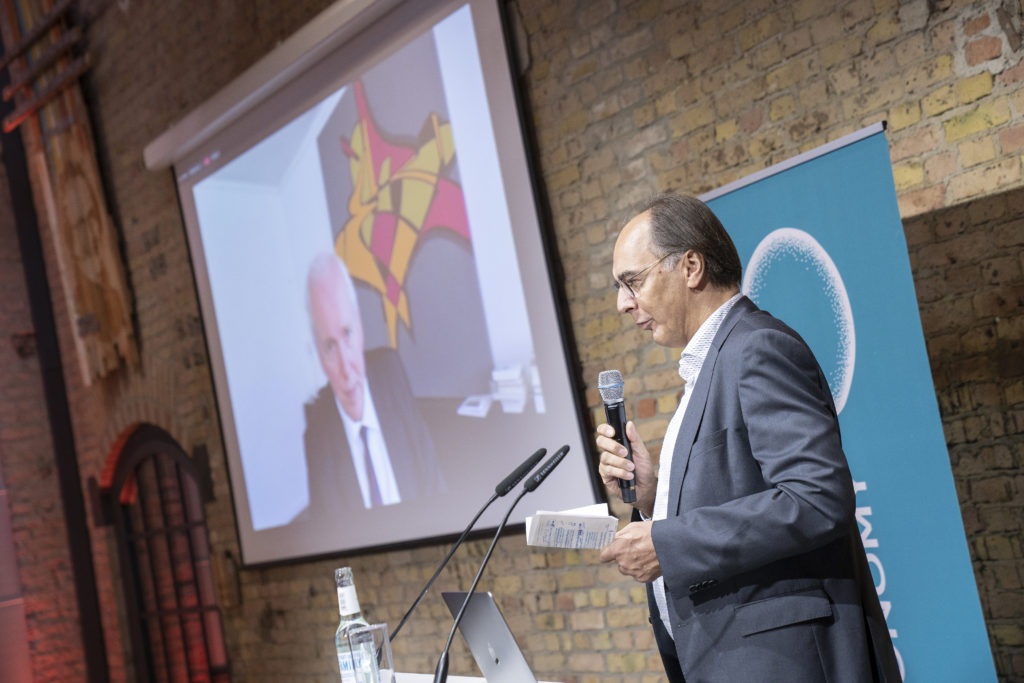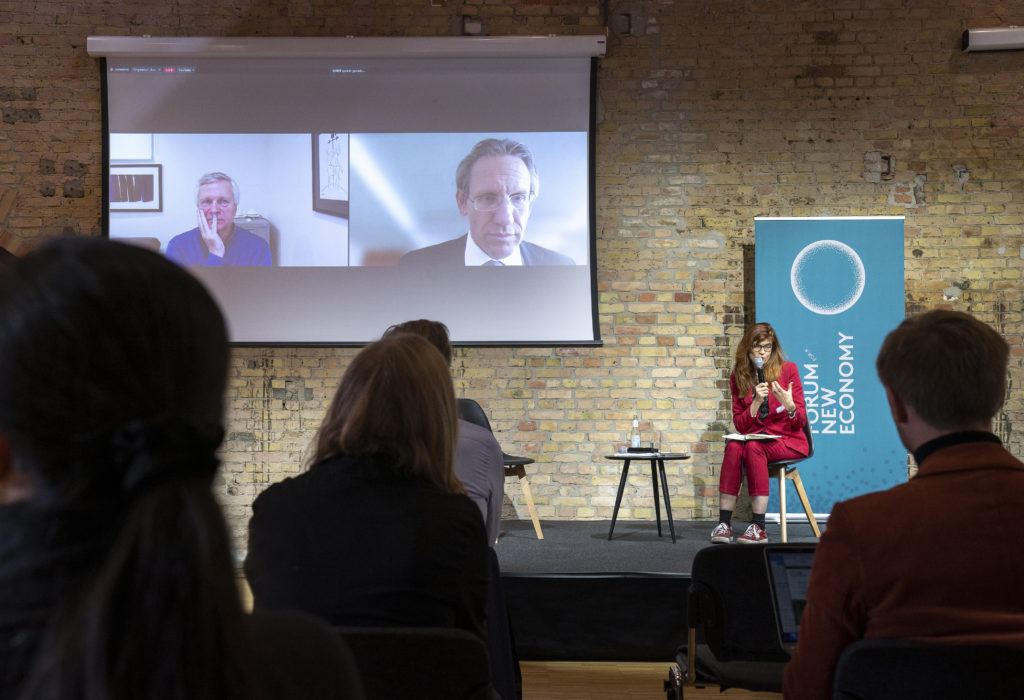Article overview
The New Paradigm Papers of the Month of December
Once a month the Forum New Economy is showcasing a handful of selected research papers that lead the way towards a new economic paradigm.
The End of the Bidenomics Saga and Brits in Retro Mode
If it had needed one more proof of how much governments are currently stuck between the old paradigm of the market-liberal era and something new: The Americans and the British are currently providing some illustrative material.
How the Market Liberal Paradigm Rose to Dominance — And Why It Crumbles
A new book by historian Gary Gerstle traces the forces that led to the rise and fall of the market liberal political order and outlines what this means for the politics of the moment.
Failed Bidenomics? From Thatcher and Reagan to Truss and Trump
Is it a coincidence that democratic functioning is so deeply disturbed in precisely those two countries that were celebrated forty years ago as economic liberal role models?
The New Paradigm Papers of the Month of November
Once a month the Forum New Economy is showcasing a handful of selected research papers that lead the way towards a new economic paradigm.
Directed Technological Change and Good Jobs
Is it time to direct technological change in a labour friendly way? This question was discussed by Anton Korinek, Elisabeth Reynolds, and Ana Dujić.
The New Paradigm Papers of the Month of October
Once a month the Forum New Economy is showcasing a handful of selected research papers that lead the way towards a new economic paradigm.
Are Green Jobs Good Jobs?
We invited leading experts to our New Paradigm Workshop to discuss what the labor market in a climate-neutral world will look like.
Should We All Work Less?
In most economies, people today work as much as they did decades ago, despite increases in productivity. Why is that the case? We invited leading researchers to our New Paradigm Workshop to discuss the answers.














